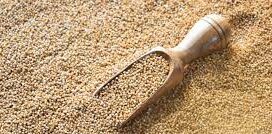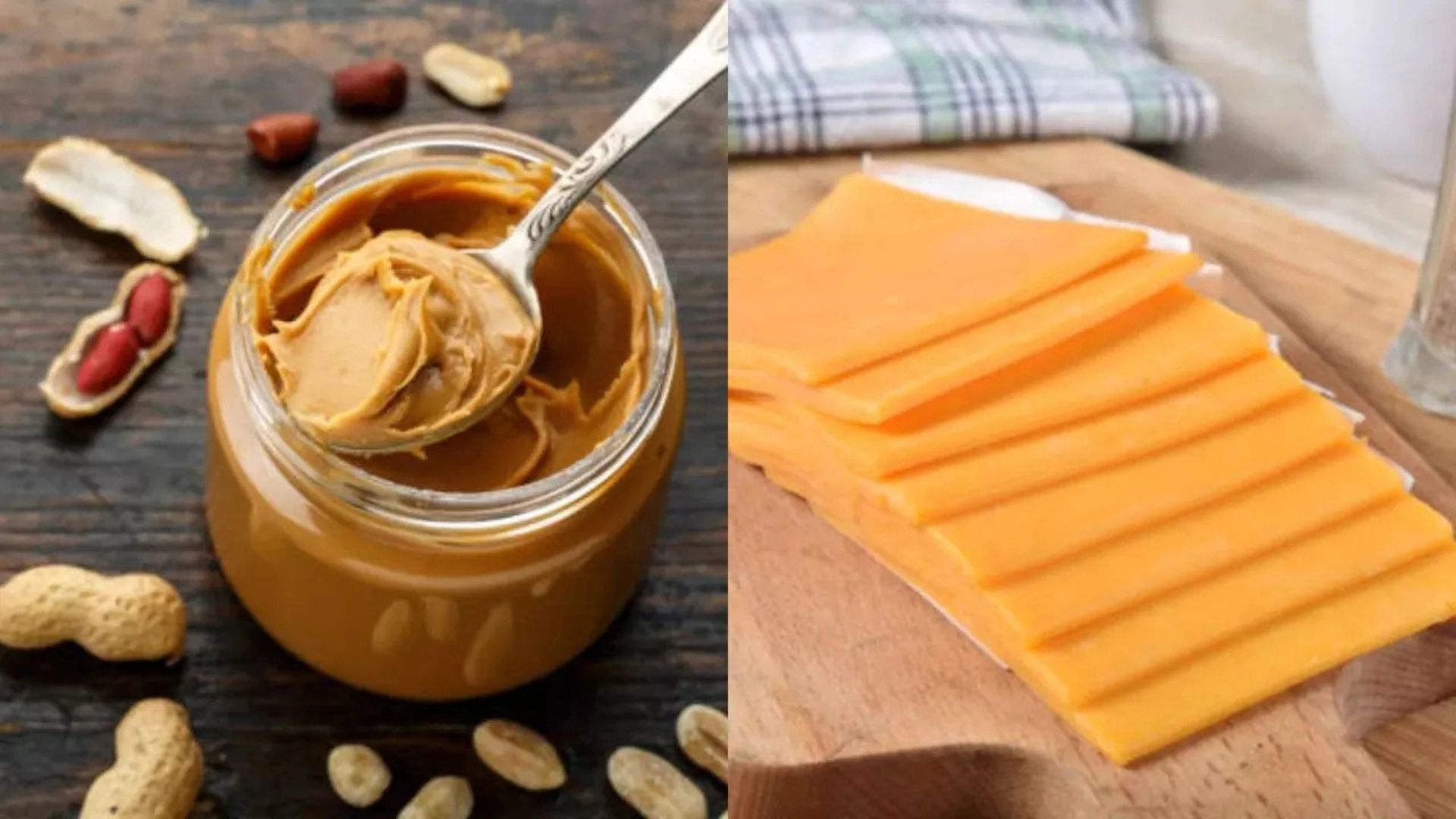Kodo millet, an ancient grain jam packed with nutrients, scientifically known as Paspalum scrobiculatum, has gained significant popularity in recent years due to its numerous health benefits. This small, round grain is commonly cultivated in India, Africa, and other parts of Asia. Kodo millet has a rich history and is often referred to as a forgotten grain that is now making a comeback in modern cuisine. In India it is naturally grown in the Himalayan region and has been an integral part of Northern India’s cuisines for ages.
This ancient grain is not only gluten free but is also an excellent alternative for people with gluten sensitivities or those following a gluten-free diet. It is also a good source of essential nutrients, including dietary fibre, protein, vitamins, and minerals. The fibre content in kodo millet helps in maintaining a healthy digestive system by preventing constipation and promoting regular bowel movements.
Kodo Millets: Health Benefits:
One of the notable health benefits of Kodo millet is its ability to regulate blood sugar levels. It has a low glycemic index, which means it releases glucose into the bloodstream slowly, preventing sudden spikes in blood sugar. This is particularly beneficial for individuals with diabetes or those at risk of developing the condition. Regular consumption of Kodo millet can help manage blood sugar levels effectively.
Kodo millet is also rich in antioxidants, which play a crucial role in combating oxidative stress and reducing the risk of chronic diseases. Antioxidants help protect the body against harmful free radicals and strengthen the immune system. Including Kodo millet in your diet can contribute to overall health and well-being.
Additionally, this forgotten grain is also a good source of plant-based protein. It contains all essential amino acids, making it a complete protein source for vegetarians and vegans. Protein is essential for building and repairing tissues, supporting muscle growth, and maintaining a healthy metabolism. Adding Kodo millet to your meals can help meet your protein needs without relying solely on animal-based sources. A great alternative for the followers of the vegan diet.
Moreover, Kodo millet is rich in important minerals like magnesium, phosphorus, and potassium. These minerals are vital for maintaining healthy bones, regulating blood pressure, and supporting overall heart health. Incorporating Kodo millet into your diet can provide these essential minerals and contribute to a well-balanced nutrient intake.
Various researches show that Kodo millets have a higher polyphenol content, which helps in preventing obesity. Hence, is also helpful in preventing weight gain, reducing fat deposition and aids in reducing inflammation. Being on the lower side of the Glycemic index and high in fibre, also works in favour of weight management.
The high fibre content in Kodo millets aids in the elimination of diseases such as constipation, excessive gas, bloating and cramps. It helps in the growth of healthy bacteria, which are essential for proper digestion.
The versatility of Kodo millet makes it a great addition to various dishes. It can be used in pilafs, salads, soups, porridges, and even desserts. Its mild nutty flavour and fluffy texture make it a suitable replacement for rice or couscous in many recipes. By substituting refined grains with Kodo millet, you can enhance the nutritional value of your meals and make them more wholesome.
Furthermore, Kodo millet is environmentally friendly and sustainable. It requires less water and fewer resources compared to other grains, making it an ideal crop in areas with limited water supply or arid climates. Its cultivation can contribute to sustainable agricultural practices and reduce the ecological footprint.
Here are the steps below to clean and soak Kodo millet for better nutrition and health benefits:
• Frist , rinse Kodo millet in plain water to remove and grit and dust
• Second, soak the Kodo millet in drinkable water for 6-8 hours
• Third, don’t throw away the millet water, use it in cooking.
Follow these steps and enjoy the nutrient dense Kodo millet to avail maximum health benefits.
Conclusion:
In conclusion, Kodo millet is a nutrient-dense grain with numerous health benefits. From its ability to regulate blood sugar levels and provide dietary fibre to its rich antioxidant content and versatility in cooking, this ancient grain deserves recognition in modern cuisine. Whether you are looking to improve your overall health, manage blood sugar levels, or diversify your diet with a gluten-free and sustainable grain, Kodo millet is an excellent choice. Embrace this forgotten grain and experience its remarkable impact on your well-being.
The author is a Nutritionist and Health Consultant.













